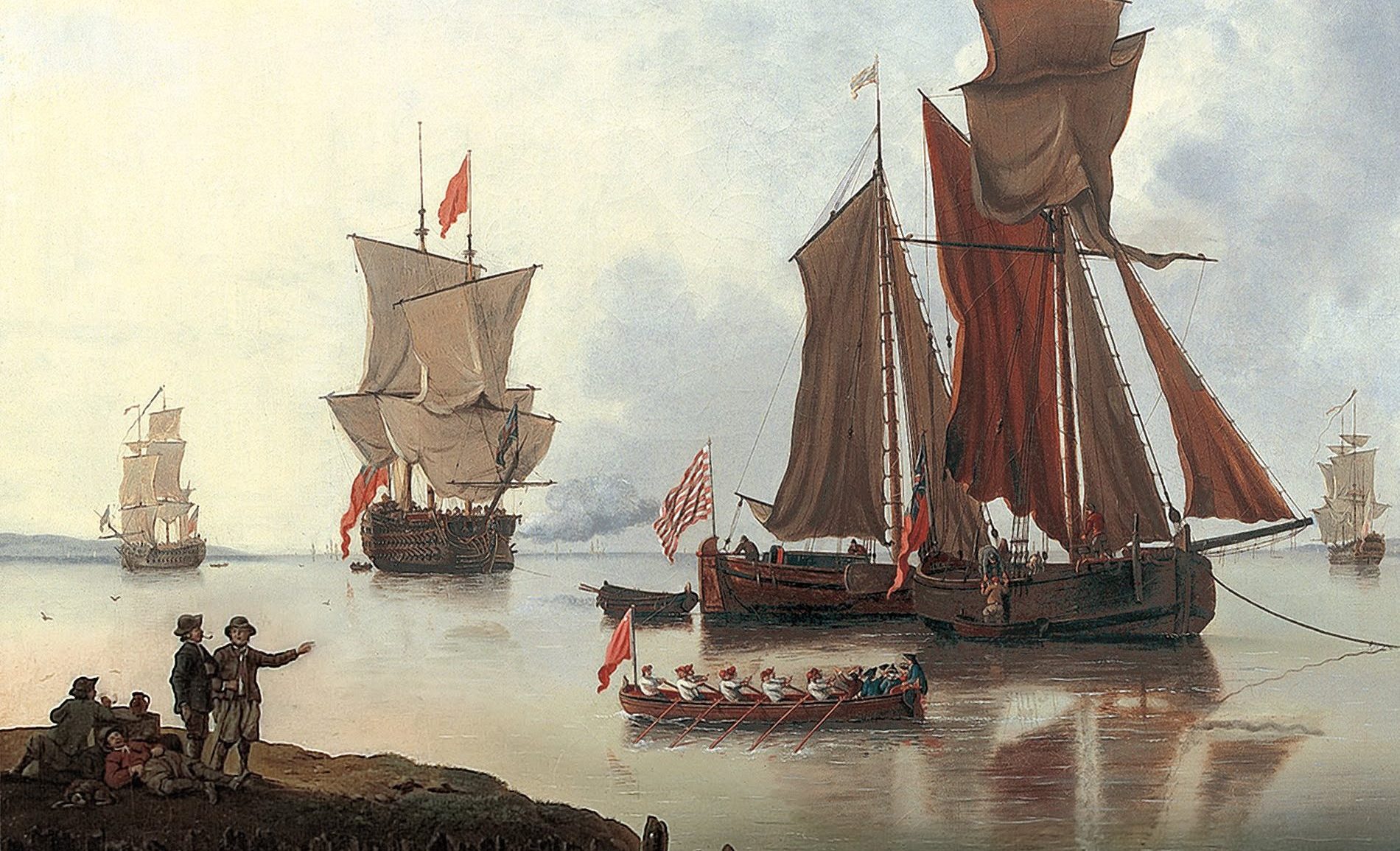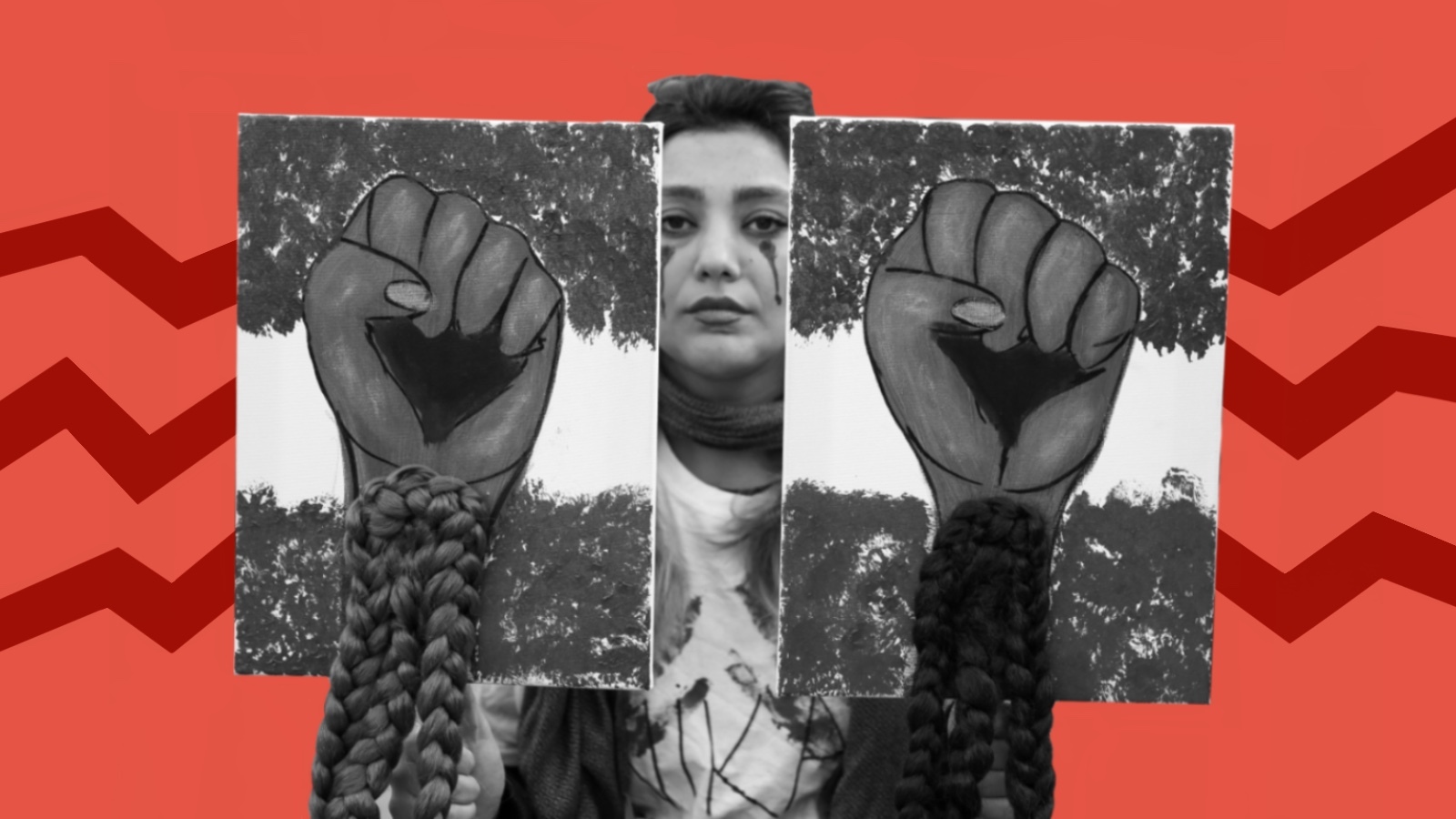The Danger That the Maldives Will Drift Back Into Dictatorship

Sign up for the Smarter Faster newsletter
A weekly newsletter featuring the biggest ideas from the smartest people
When, after thirty years of authoritarian rule, a young dissident and perennial thorn in the side of the Establishment, Mohammed Nasheed won the first free and fair election in the Maldives in 2008, much of the World applauded. In the Maldives there was not so much polite applause, but out and out celebration. For the country had not been a benign authoritarianism, but a thirty year exercise in kleptocracy, grand lacerny and fear. The nation had endured the rule of President Abdul Gayoom, indulged by those who should have known better essentially because he was seen as a safe pair of hands.
Gayoom and his henchmen were essentially Ba’athists, part of the same political movment that held sway across countries such as Iraq and Syria. I used to remind senior British Government figures as they prepared to bomb Ba’athist Iraq, that they were about to jet off on holiday to the Ba’athist Maldives. Be that as it may, the Maldives is not only the World’s newest democracy—it is one of the World’s most fragile democracies. In recent weeks, the rule of the democratically elected President Nasheed began to look a little shaky, as elements of the old Gayoom regime coagulated under a grubby coalition of MPs and corrupt judicial figures to try and force him out.
What had infuriated them more than anything else was the seriousness behind the intent of the Maldives to recover huge stolen assets—some $400 million, in fact, that now resides in foreign bank accounts. This grand larceny does not include the wealth already squandered on luxury yachts, palaces and all of the paraphernalia associated with bog standard dictators. It was enough to alarm Gayoom, and his close supporters and family, who it is alleged have paid off enough Opposition MPs to make the Maldives more or less un-governable.
The latest crisis reached a kind of tipping point when President Nasheed’s Cabinet, rendered impotent both by Parliament and a judiciary stuffed with appointees from the Gayoom era – and many without even basic legal training, resigned on mass. Nasheed then re-appointed them, but was accused of acting unconstitutionally when he put a leading Opposition member under house arrest for a few days.
Meanwhile, the Maldives Opposition of assorted kleptocrats, dodgy businessmen and friends of ex President Gayoom dispatched a former Attorney General, Hassan Saeed, to London in a bid to dirty the name of Nasheed, and hasten the ending of the Maldives’ dalliance with democracy. They hired a PR outfit, run by a group of ex British Labourites, who know a thing or two about the dark arts which calls itself the ‘Campaign company’, and set out to turn a few British political heads, including it would seem Britain’s former Deputy Prime Minister, John Prescott. This was presumably on the basis that Prescott had been on holiday in the Maldives. They also outsourced some of the lobbying work to a London based Conservative, Peter Craske, whose job it was to target top Tories – and detach that party from its close relations with Nasheed’s MDP party.
Unfortunately for them, this little escapade has received widespread publicity here in the Maldives, particularly in the pages of the ground-breaking internet newspaper, MINIVAN. Anyone doubting that the Maldives is a successfully functioning democracy need look no further than its pages. But still, there is the nagging worry that because the Maldives is a small and faraway place, ignorance and laziness can play their part. The democratic revolution that brought Mohammed Nasheed to power is under threat—and not from an Opposition that is motivated by different policies or principles, but by raw economic self interest. Should the international community and media turn a blind eye to the machinations of these and others, the Maldives will drift back to dictatorship, possibly a dictatorship with a hardline Islamic influence to boot.
Most Maldivians clearly don’t want this. Nor should the rest of the World.
Sign up for the Smarter Faster newsletter
A weekly newsletter featuring the biggest ideas from the smartest people





